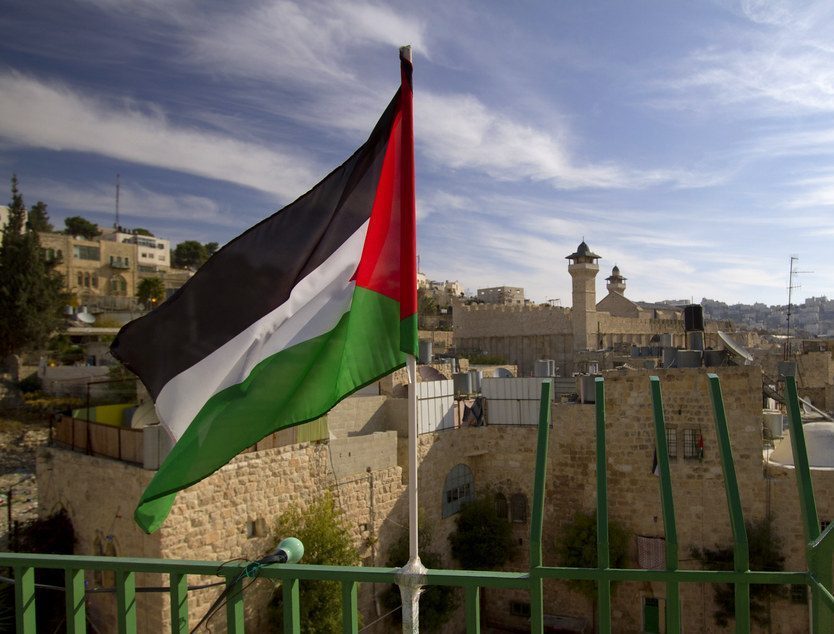Doha reaffirms its position, refusing to normalise with Israel until it ends its illegal occupation.
Qatar’s Minister of Foreign Affairs Sheikh Mohammed bin Abdulrahman Al-Thani said that his country has no intention to follow its neighbours when it comes to relations with Israel.
Questions about the possibility of Qatar following in the footsteps of Bahrain and the UAE began to surface after Doha announced it was reconciling with the former-blockading countries last week; there were already murmurings amongst political analysts when news of a breakthrough in the GCC crisis initially broke back in December.
“Qatar believes that if Israel is committed to peace, to end the occupation, the two-state solution, and the state of Palestine with East Jerusalem as its capital, and if there is Arab approval, we accept that,” he told the Doha-based Al Jazeera Arabic news channel in an interview which aired on Thursday.
The foreign minister also emphasised his country’s commitment to the Arab Peace Initiative, which was adopted back in 2002 by the Gulf Cooperation Council (GCC) and which states that member countries shall refrain from normalising with Israel until it fully withdraws from lands occupied in 1967
“The Abraham Accords is a sovereign decision and we do not interfere in sovereign decisions,” he added.
Signed in August 2020, the Abraham Accords officially established full diplomatic, economic, security and cultural ties between Israel and the UAE and Bahrain, making them the first and only Gulf countries to normalise with the occupying state.
During the same interview, Qatar’s foreign minister insisted that even after signing the Al Ula declaration, his country was not going to be normalising with Israel.
Throughout the past few months Qatar has consistently denied claims it was planning on taking the same approach as its neighbors. One such claim was made by Israeli Rabbi Marc Schneier, an advisor to some Gulf leaders.
“As someone who paved the way, I see this as two down and four to go in the Gulf. I won’t be content until I see Qataris, Saudis, Omanis and Kuwaitis join as well. Then you will see a transformation,” he told the Jerusalem Post last December.
Read also: Key points from Al-Ula declaration ‘unity’ statement
Similar claims also emerged amid the alleged pressure by the blockading countries at the time, who had presented 13 demands, ordering Qatar to abide by them in order for them to lift the blockade.
None of those demands were met by Doha, which had rejected them from the beginning of the crisis insisting that they infringed on its sovereignty.
“I think, if you look at Qatar’s reactions to normalisation, it is clear that everything should happen in coordination with the Palestinians,” Mahjoob Zweiri, Director of Gulf Studies Center at Qatar University, told Doha News.
Zweiri added that if there is stability in the GCC, there will be “economic and political support to the Palestinians”.
That being said, when the GCC and Egypt signed the Al Ula declaration, marking the end of the three-year-long Gulf dispute, it was announced by the bloc’s secretary general that member states “would work together on establishing a united foreign policy”.
But, much like the European Union’s [EU],, the belief is that the GCC gives each member state the freedom to maintain their own foreign policies when it comes to bilateral relations.
“The Al-Ula statement is about clear fundamentals related to non-infringement of state sovereignty. We agreed on solidarity in combating terrorism and collective action to bridge the gap and the dispute,” Qatar’s foreign minister told Al Jazeera.
Earlier in December when the region began witnessing the first signs of progress in the crisis, the Qatari foreign minister also responded to rumours over normalisation, saying that “the Gulf crisis has nothing to do with the Abraham Accords or any normalisation with Israel”.
Follow Doha News on Twitter, Instagram, Facebook and Youtube







